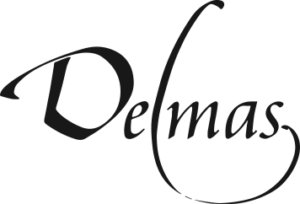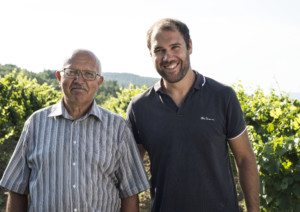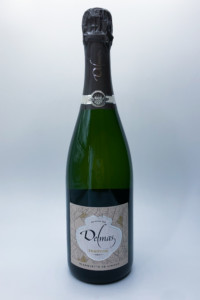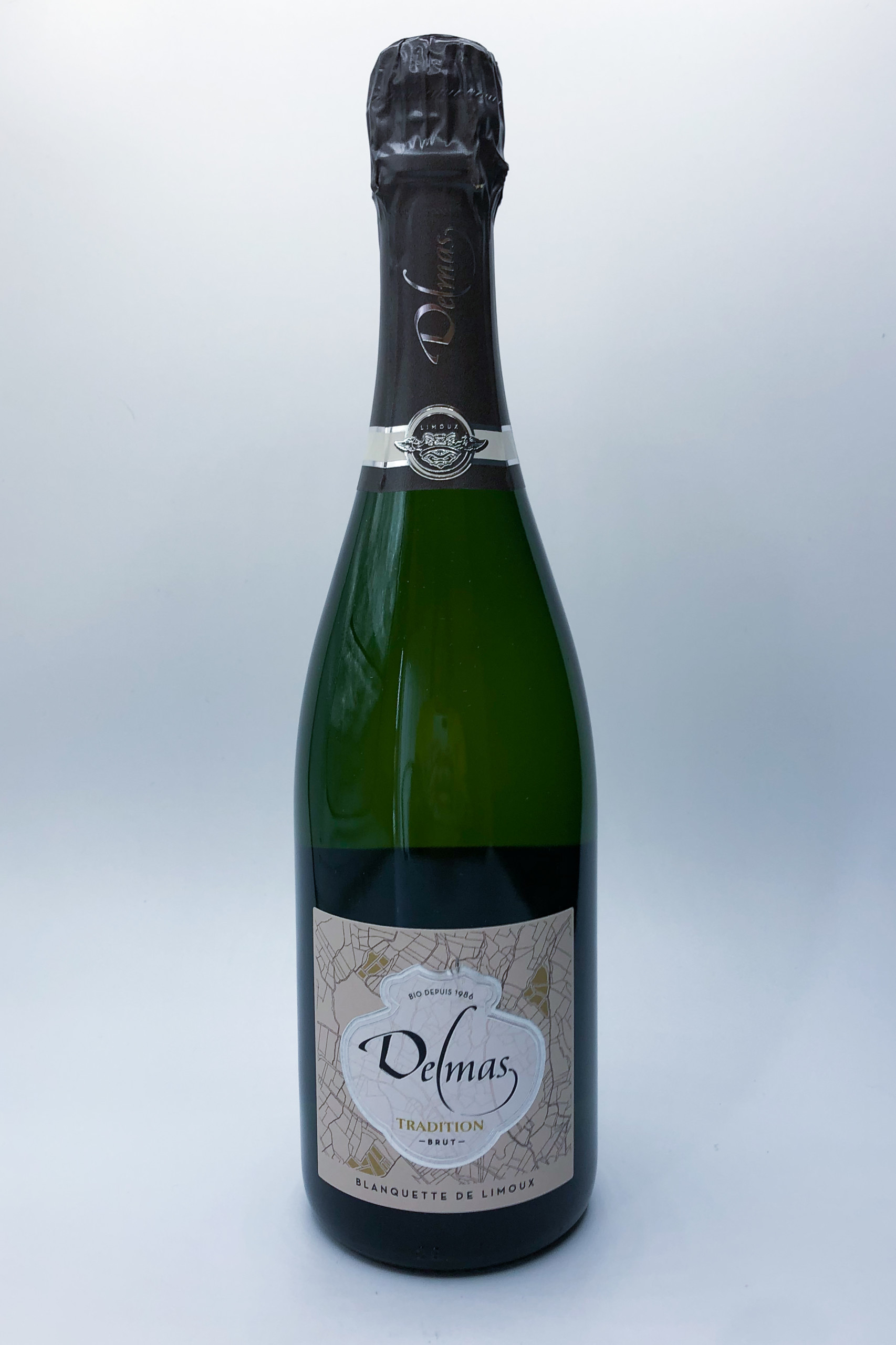Domaine Delmas
About
Owner & winemaker: Baptiste Delmas
Vineyards: 34ha across 14 different parcels, all estate-owned
Vineyard management: Certified organic since 1986
Soils: Calcareous clay
Grapes grown: Mauzac, Chardonnay, Pinot Noir, Chenin Blanc
Annual production: 150,000 bottles
Quick facts:
- When Baptiste’s father Bernard first began practicing organic farming in the late 1970s, it had such a bad reputation that he did so in secret! He didn’t pursue certification until 1986.
- Winemaker Baptiste learned at his father’s side as a child, and has since expanded his wine knowledge by working at a winery in Tasmania for a year.
- “This passion that drives me, I caught it at a very young age: while watching my father, helping him here and there. Becoming a winemaker was a foregone conclusion.” – Baptiste Delmas
Domaine Delmas is the product of a century of history and hard work. In 1920, Joseph Delmas purchased three hectares of vineyards. His son Omer worked the vines and produced Blanquette Méthode Ancestrale as a side project while working full-time at the local factory. It was his son, Bernard–father of current winemaker Baptiste–who professionalized the operation. He left his job as a chef to focus on the winery full-time in 1978. From the start, he was passionate about environmentally-respectful farming practices, which put him well ahead of the trend–organic farming actually had a negative reputation at that time, so he began using the methods in secret and didn’t pursue certification until 1986. He expanded the vineyards, modernized the cellar, and introduced new styles, including the Blanquette de Limoux Brut. In 2015, his son Baptiste joined the family business, and as of 2020 he has taken the lead role at the winery.
The Limoux appellation covers a large geographic area, so it’s home to many varied terroirs. Domaine Delmas is found in the subregion known as Haute-Vallée, which is at a higher altitude (380-450m) than the rest of the appellation. That means that it benefits from relatively cooler temperatures, a wider diurnal range, and constant winds. “It’s a land that inspires me,” Baptiste says, “as much for its history as for its potential to create great wines.” Even within this subregion, their different parcels express diverse microclimates thanks to a variety of aspects and soils. The main difficulties are the hilly terrain, which makes farming more difficult, and the increase in extreme weather events, such as frosts and storms. Baptiste explains that the changing climate is forcing them to modify some of their old habits, but that it’s up to them to adapt to the “new normal.” In the cellar, the goal is to create wines with freshness, minerality, and complexity. They make use of frequent analysis and a strict selection of parcels and juice in order to produce high quality wines with minimal additions.




